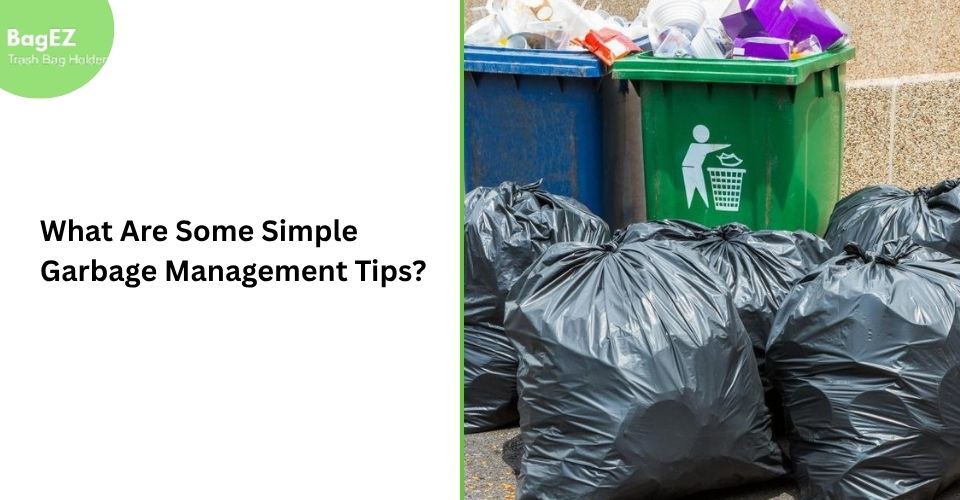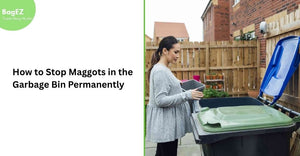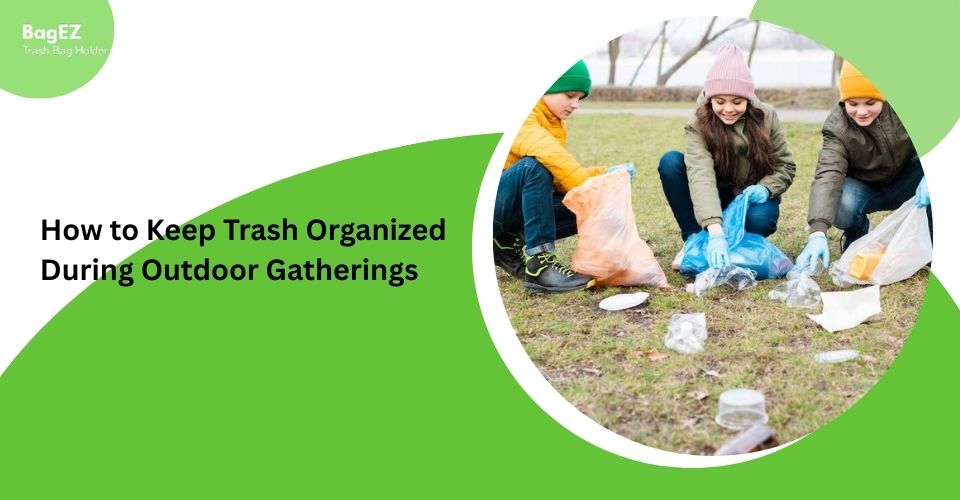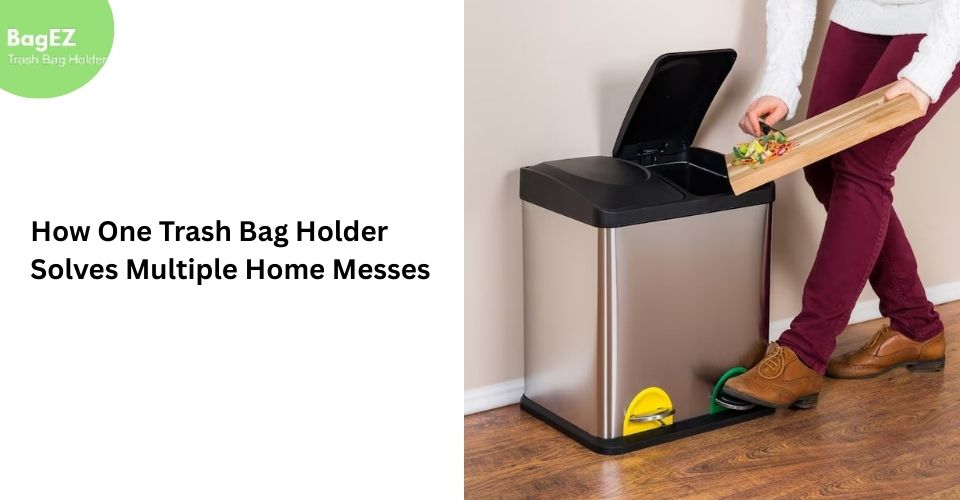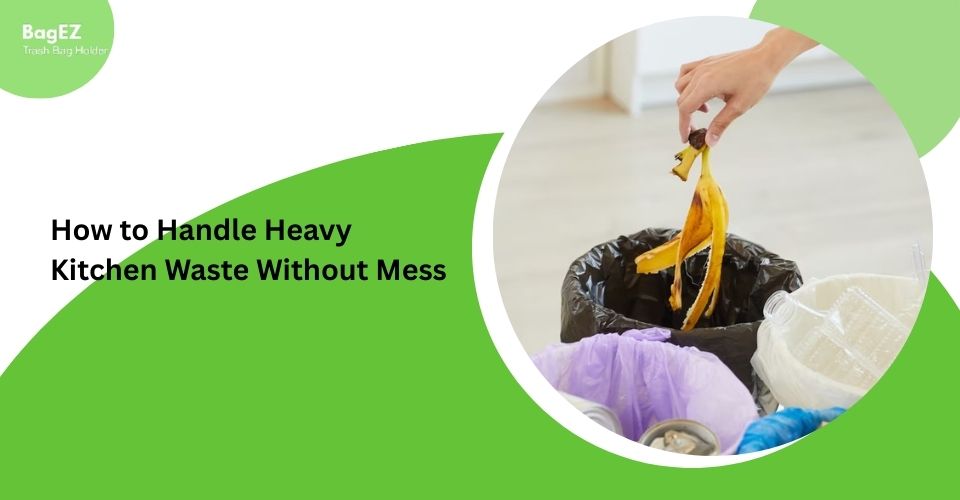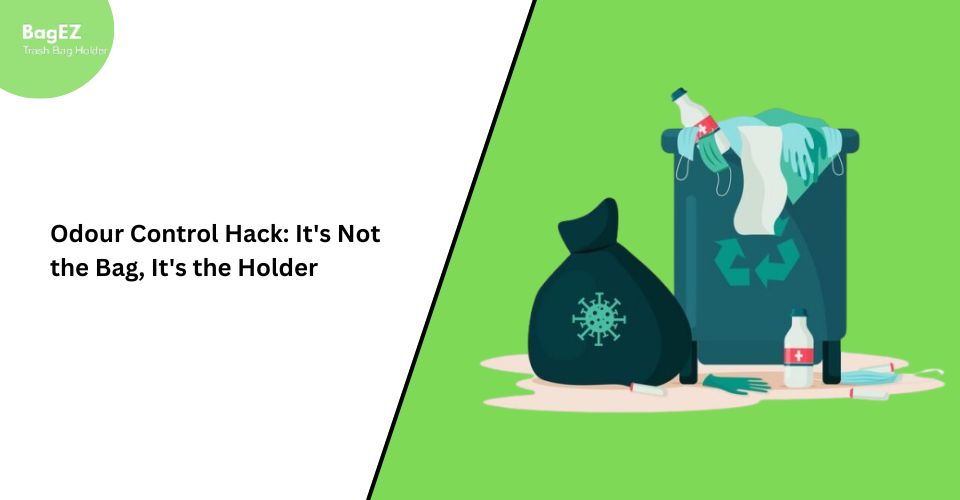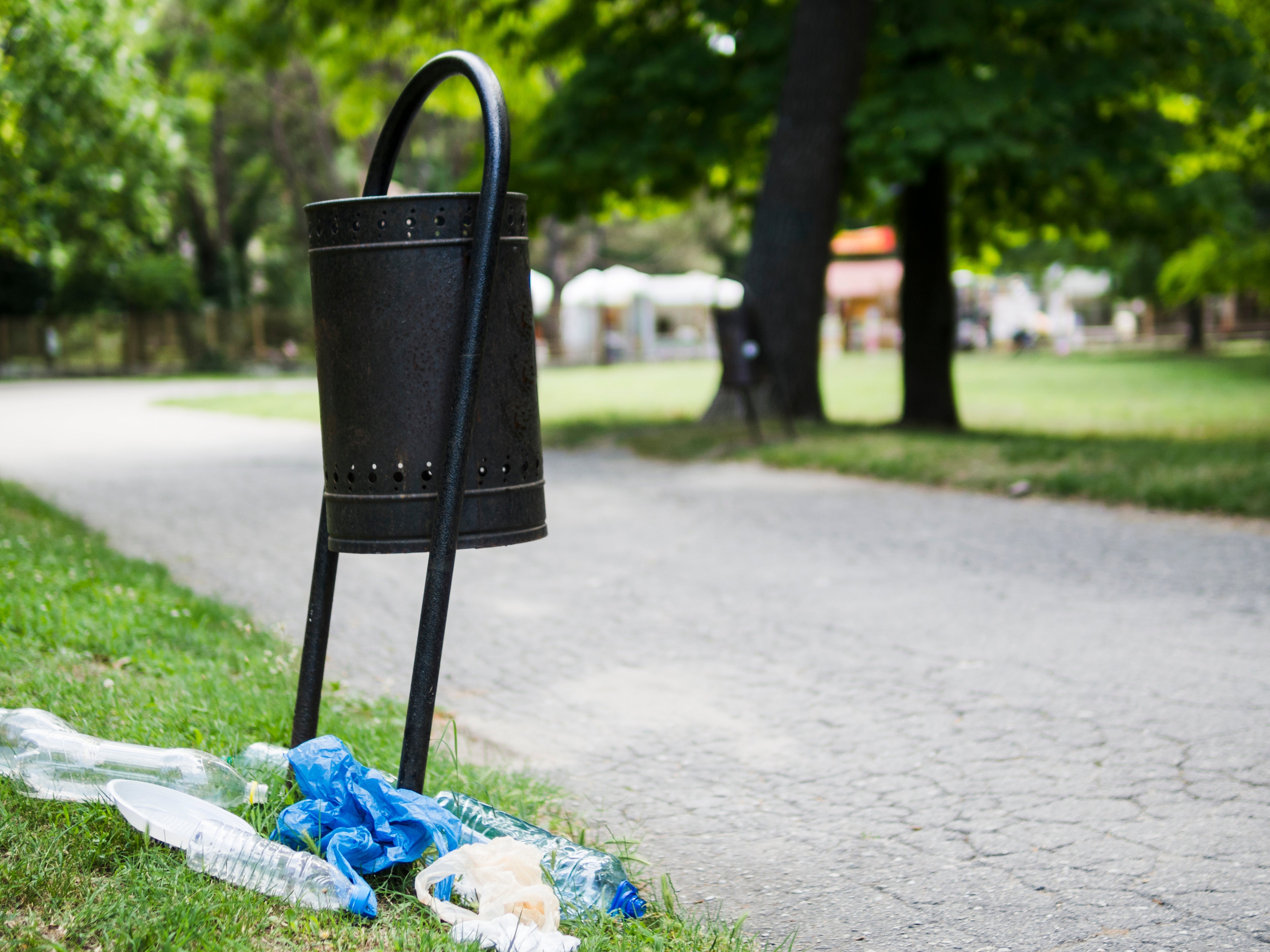Simple Garbage Management Tips will help make the environment cleaner and have a more sustainable lifestyle. The amount of waste generated on a daily basis is a major environmental issue in the modern world that is heavily on a fast track. Nevertheless, the solution does not necessarily have to be complicated and costly. With a series of simple, practical steps both at home and in the world, you can greatly cut down on the amount of footprint you have on the environment. The main philosophy of good waste management is to reduce what ends up in the landfill and the most convenient method of doing this is by giving priority to the well-known 3 Rs -Reduce, Reuse, Recycle.
This is a comprehensive guide that divides the easy, non-complicated measures that you can take right now to effectively handle your garbage and help make the world a healthier place.
Master the Foundation: The Power of Reduce, Reuse, and Recycle

In order to handle garbage properly, it is first necessary to realize that the best way to handle garbage is to not create it in the first place. Here is where the so-called “3 Rs” are implemented, which is the cornerstone of all viable simple garbage management guidelines. These measures should be prioritized so that fewer materials should be taken through processing, storage, or a waste bin.
1. Reduce: Preventing Waste at the Source
-
Minimize Single-Use Plastics:
This may be the most effective step you can make, it is to avoid single use plastics. Bring a reusable shopping bag, a long-lasting water bottle, and a coffee mug. This much-needed change reduces plastic waste.
-
Choose Mindful Packaging:
In purchasing, use products that have little or recyclable or biodegradable packaging. As an illustration, prefer loose fruits and vegetables to packaged products.
-
Plan and Buy Smart to Avoid Food Waste:
Meal planning is an effective tool. You can plan meals and only purchase what you need hence you avoid food spoilage and even dumping it down the garbage.
-
Go Paperless:
Use e-statements and e-bills at banks and utilities to minimize the use of paper and paper clutter.
2. Reuse: Giving Items a Second Life
-
Donate and Repurpose:
Before disposing of something, ask yourself whether it can be used by someone. Give unused clothes, furniture or home products to local charities.
-
Creative Storage Solutions:
Glass jars, plastic containers and even old tins can be washed and used to store food, spices or small home objects.
-
Switch to Reusable Cloth:
Use cloth rags or towels to clean instead of disposable paper towels to save money and lessen waste.
3. Recycle: The Final Step in Waste Diversion
-
Know Your Local Rules:
Recycling policies differ by locality. You should take the effort of finding out what your local service accepts so that you do not wish-cycle, or drop non-recyclable items into the bin, which may then pollute a whole batch.
-
Clean and Flatten:
It is always advisable to wash glass, plastic and metal containers. Unclean recycling can be discarded. Using cardboard boxes flattened is also important to save important space in your recycling bin as well as the transportation process.
The Art of Waste Segregation: Simple Steps to Keep it Separate
Separating your garbage at home is one of the best methods of managing waste and it is among the most viable simple tips of managing garbage.
This is a mere gesture which contributes to the recycling and composting process being very efficient and avoiding any form of contamination leading to the fact that the materials can be processed the right way. Segregation has to be normally of three types namely: Wet (Organic) Waste, Dry (Inorganic) Waste, and Hazardous Waste.
-
Composting Wet (Organic) Waste:
This consists of food scraps, fruit/vegetable peels, tea bags and garden trimmings.
-
Start a Simple Composter:
Composting converts organic waste to fertilizer soil that is rich in nutrients. A small kitchen composter or a worm bin can be initiated despite the small space. Alternate the green (kitchen scraps) and brown (dry leaves, shredded newspaper) waste and mop it down.
2. Managing Dry (Inorganic) Waste:
This includes paper, plastic, glass, metal and cardboard.
-
Dedicated Dry Bin:
Have a specific, distinct bin of all clean and dry things that can be recycled. It is a necessity to have a clean house.
3. Handling Other Waste Types Responsibly:
-
Hazardous Waste:
Batteries, e-waste used electronics, paint, and chemicals should never be combined with regular trash. Find community-identified collection points or special hazardous waste events.
-
Non-Recyclable Waste:
It includes such items as chip bags, food-soiled paper, and Styrofoam which are usually left to go to landfills.
Beyond the Basics: Making Waste Management Convenient and Tidy

The process of managing waste can be simplified and made cleaner through the incorporation of a few clever habits and tools, making you more committed to the simple garbage management tips. The secret here is to ensure that you make sustainable decisions on the least path of resistance in your day to day life.
-
The Power of Bulk Buying:
Buying more of the non-perishable goods and domestic products in bulk can save a lot of packaging waste in the long term.
-
Choose to Repair Over Replace:
When something breaks, whether it is an appliance, electronic or a piece of clothing, first make an attempt to repair it. This will prolong the life of the product and will save a lot of needless disposal. It is also good to support local repair businesses in your community.
-
Educate and Involve the Family:
An efficient waste management system is a team work. Educate all members of your family on the need to segregate waste and practice sustainability. Proper labeling of bins can be used to facilitate compliance.
-
Streamline Outdoor and Event Clean-up:
Cleaning up the waste at such events as camping, parties, or tailgating is a difficult task. It is important to have a simple and portable system. Temporary garbage disposal is easy with the help of universal tools that keep the bags open and can be hung anywhere. This eliminates clutter and also contains waste.
Why Choose BagEZ: The Best Tool for Easy Waste Disposal
The BagEZ trash bag holder is an excellent idea when you are in need of a smart yet portable device that will help you in sustaining your simple garbage management tips and practices. This is a multi-purpose, small and sustainable device that allows making waste management, storage and organization without cumbersome trash containers easy, convenient and affordable. It can be hung anywhere on the fences, tables or wall, can fit all bag sizes and does not require any floor space.
Having the dual purpose, it can be kept open to dispose of waste quickly or closed to minimize the odors and conceal the trash. The features of BagEZ include homes, industrial, and outdoor use, which make it a solid waste solution to keep your spaces clean and organized.
Conclusion:
Simple Garbage Management Tips are one of the effective methods of making our lives more sustainable and saving our environment. Each household can contribute greatly by paying attention to the 3Rs to reduce, reuse and recycle as well as by engaging in careful waste segregation. Such things as BagEZ trash bag holders complement such efforts by offering a quick and handy solution to temporary or outdoor garbage disposal to keep environments clean and well-organized without cluttered places. Begin now by making these simple habits--the world will be grateful.
Frequently Asked Questions (FAQs)
1) How can we better manage and reduce waste in our communities?
To dispose of garbage in an easy and efficient way, it is essential to consider the 3 r-s: reduce, reuse, and recycle and establish proper waste segregation at home. These practices will go a long way in reducing the number of waste that is deposited in landfills.
2) How can I start composting at home, even if I have limited space?
The indoors or balcony composting system can be initiated by using a kitchen composter or a worm bin (vermicomposting). Make the stack balanced between the materials of color green (food scraps) and brown (dry leaves/paper) and make sure the stack is well aerated.
3) What are some common recycling mistakes to avoid?
Never wish-cycle (place non-recyclables in the bin), leave food on containers (rinse them off) and put different materials together when your local program tells you to separate them.
4) What are the easiest ways of waste management?
The most accessible methods of waste management include getting in a habit of wet and dry separation, bringing reusable products to decrease plastic use, and using convenient technologies such as the BagEZ trash bag holder to dispose of temporary waste easily.

